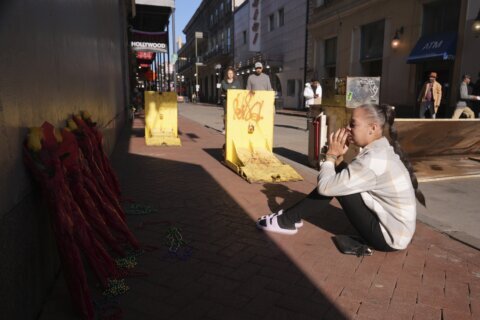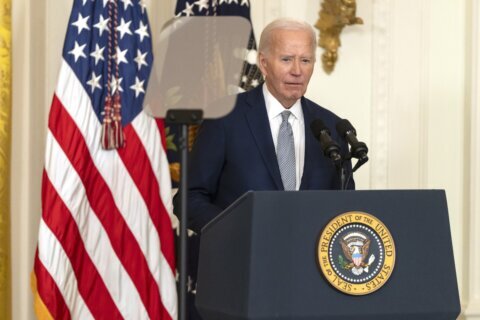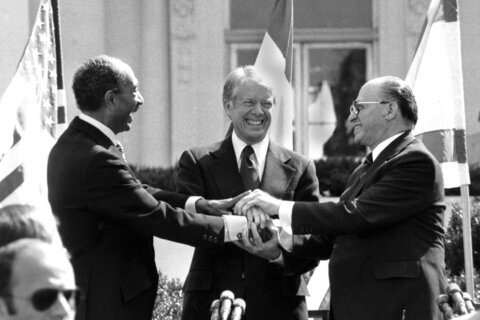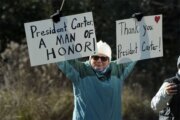Daniel Sneyers knew from the get-go that he wanted his college experience to combine his interests in business and engineering. Not only did the Northeastern University curriculum allow the industrial engineering major to take classes in both fields, but also the university’s emphasis on experiential learning armed Sneyers with two on-the-job experiences.
During his sophomore year, Sneyers worked in strategy consulting at Bain & Company in Brazil, where he grew up. He also spent a term junior year working as an iPhone operations program manager at Apple in California, where he applied his knowledge of finance, engineering and optimization on the capital expenditures team.
“I’ve been able to work in places that I could not have imagined possible,” says Sneyers, who will graduate in 2021 with a bachelor’s in industrial engineering and a master’s in operations research from the university’s Galante Engineering Business Program.
He landed the positions as part of Northeastern’s co-op program, through which students alternate periods of full-time work with academic semesters in the classroom. About 99% of the private university’s undergraduates participate in a co-op. Some spend time in Boston-based companies like Wayfair or General Electric. Some, like Sneyers, opt to travel to one of more than 3,000 co-op employers around the world.
[Read: Understand the Differences Between a Co-op, Internship.]
Undergrads typically complete three co-ops during a five-year stint in college, or two over the course of four years. During terms where they work, they don’t pay tuition. In fact, most earn salaries. Just over half receive a full-time job offer from one of their co-op employers after they graduate.
The co-op experience is integrated with academics; students bring their classroom knowledge to their co-ops and then bring industry know-how back to campus.
Students say that professors tend to be well-connected and helpful when it comes to tapping into professional networks.
“You’re able to build that relationship,” says Kritika Singh, a recent bioengineering grad from McLean, Virginia, who completed one co-op in a chemical biology lab at Massachusetts General Hospital. The student-faculty ratio is 14:1, and classes average fewer than 20 undergrads.
[Read: How Colleges Help Students Gear Up for Jobs.]
Community service is also heavily emphasized, and more than 100 classes across eight colleges have built service learning with Boston-area nonprofits and government agencies into their coursework.
During an Economics of Crime course, for example, Nathan Hostert, a fifth-year political science major from Wichita, Kansas, worked with the Fenway Community Center researching how to reduce neighborhood crime rates. And for those who want to venture further from campus, Northeastern’s Global Experience Office works to make sure every student has the opportunity to go abroad.
For Singh, a 2020 Rhodes Scholar, research and mentorship defined her time at Northeastern. She wanted to “hit the ground running,” so she linked up with the Office of Undergraduate Research and Fellowships freshman year to attend workshops, connect with mentors and write grant proposals. The move earned her a total of $13,500 in funding for an independent chemical biology research project.
[READ: How to Become a Rhodes Scholar.]
Northeastern offers more than 280 majors, including 195 combined majors that allow students to complete co-ops in both fields. Among the examples are civil engineering and architectural studies, physics and music, and data science and journalism.
The frequent comings and goings for co-ops can take some getting used to, undergrads say, but the 480-plus clubs and activities on campus are a unifying force. The Huskies compete in 16 Division I sports, and students can get involved in more than 70 club and intramural teams. Fitness classes, mindfulness programs and mental health resources are also abundant.
Northeastern’s tree-lined paths and outdoor study spots give the campus, located in the heart of Boston, a healthy dose of nature. All students live there their first two years; freshmen reside in Living Learning Communities based on common interests. Examples include Travel and Adventure, Social Change and Empowerment, and Technical Innovation and Creativity.
Tunnels connecting key buildings help students avoid winter weather, and when temperatures climb, some of Boston’s most popular attractions are within walking distance, including the Museum of Fine Arts, Newbury Street’s shops, Fenway Park and the Charles River.
More From the College Road Trip to Boston:
This story is excerpted from the U.S. News “Best Colleges 2021” guidebook, which features in-depth articles, rankings and data.
More from U.S. News
What You Need to Know About Becoming an Engineering Major
How Studying Business, Engineering in College Can Lead to Jobs
10 College Majors With the Highest Starting Salaries
College Road Trip to Boston: Northeastern University originally appeared on usnews.com







